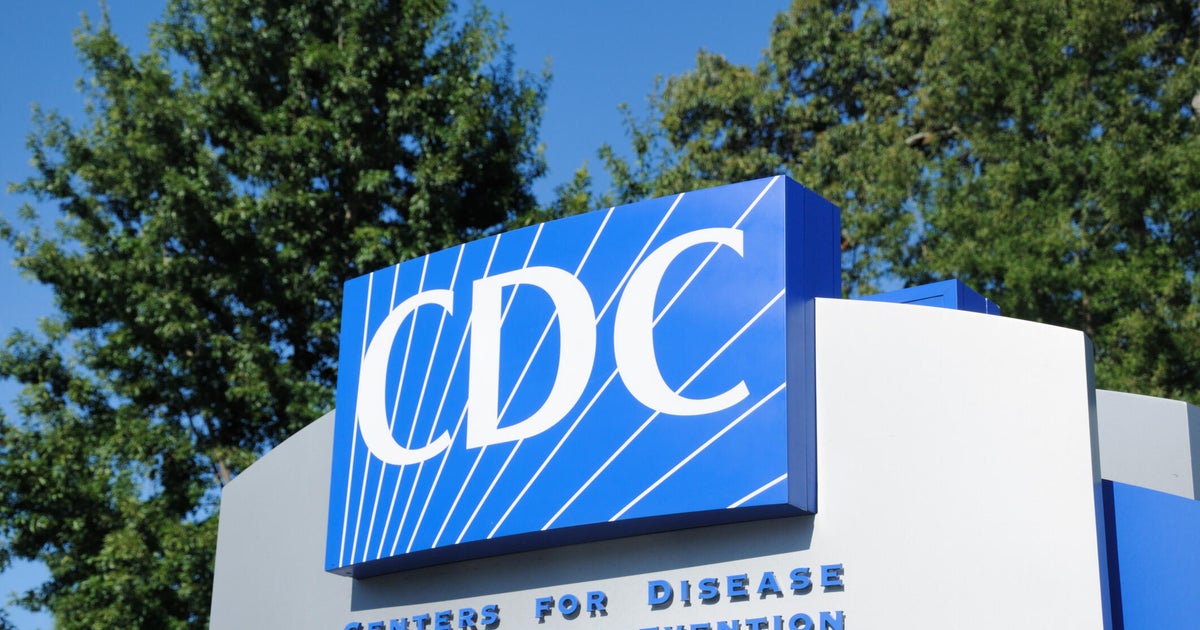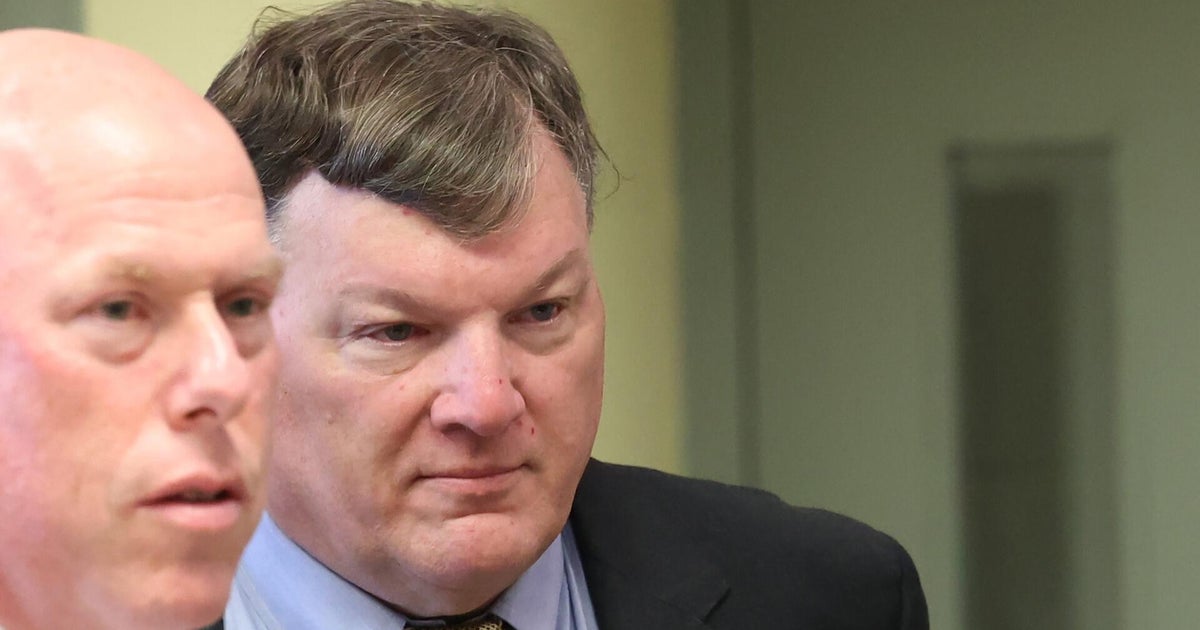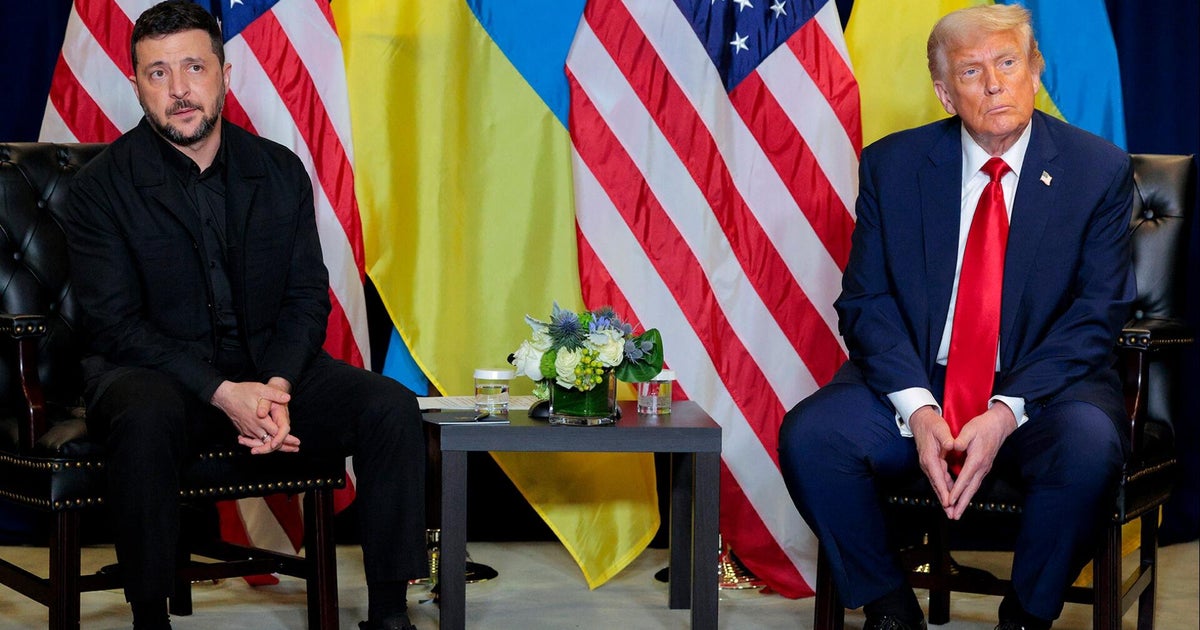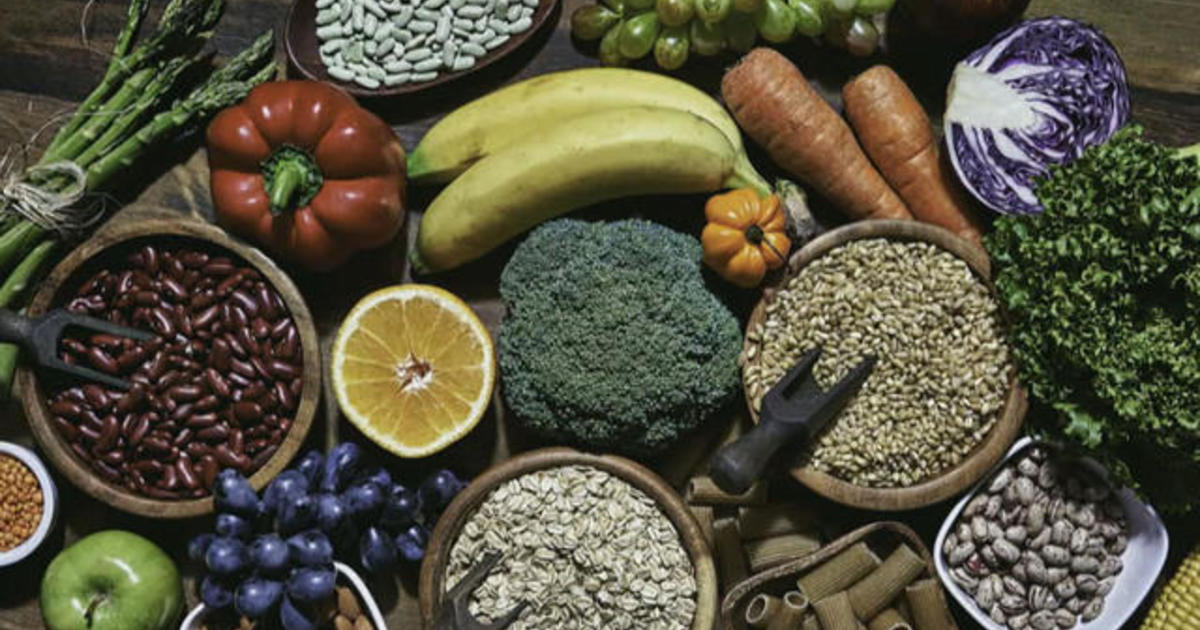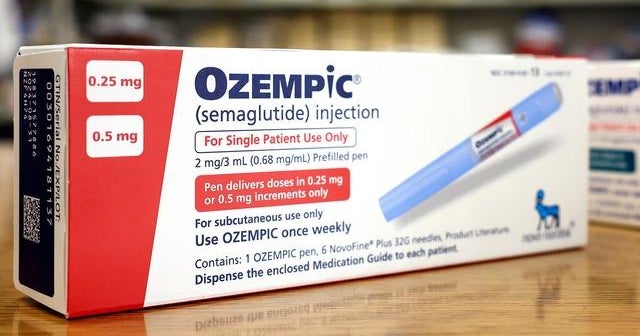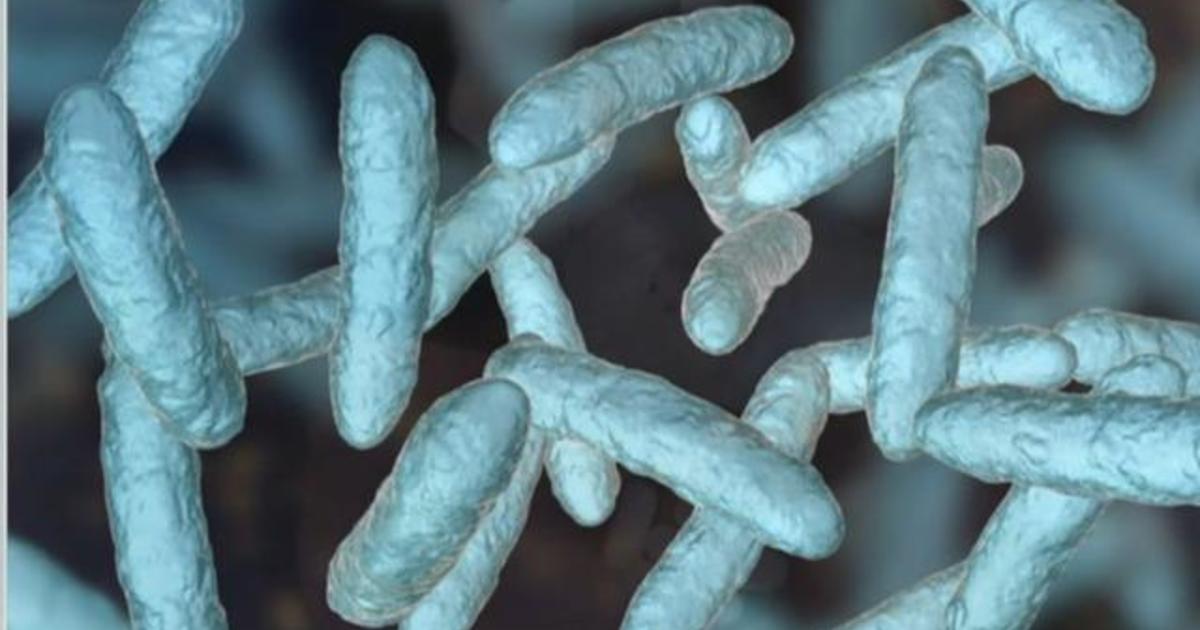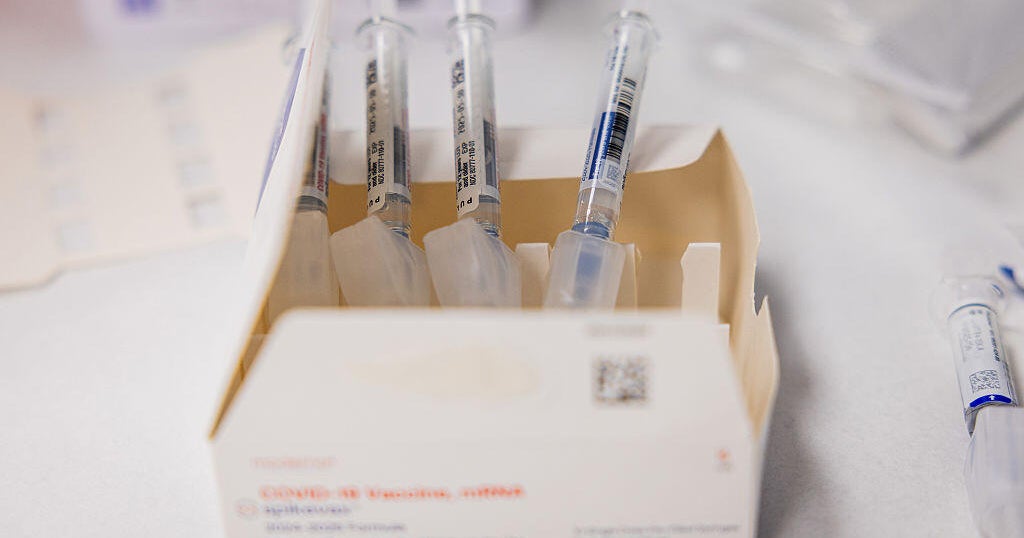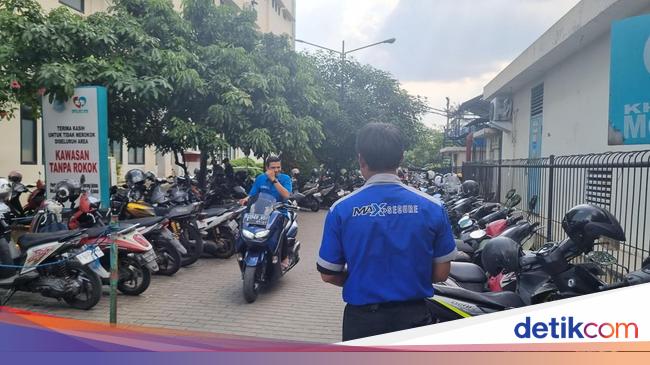Bill Gates on the future of foreign aid
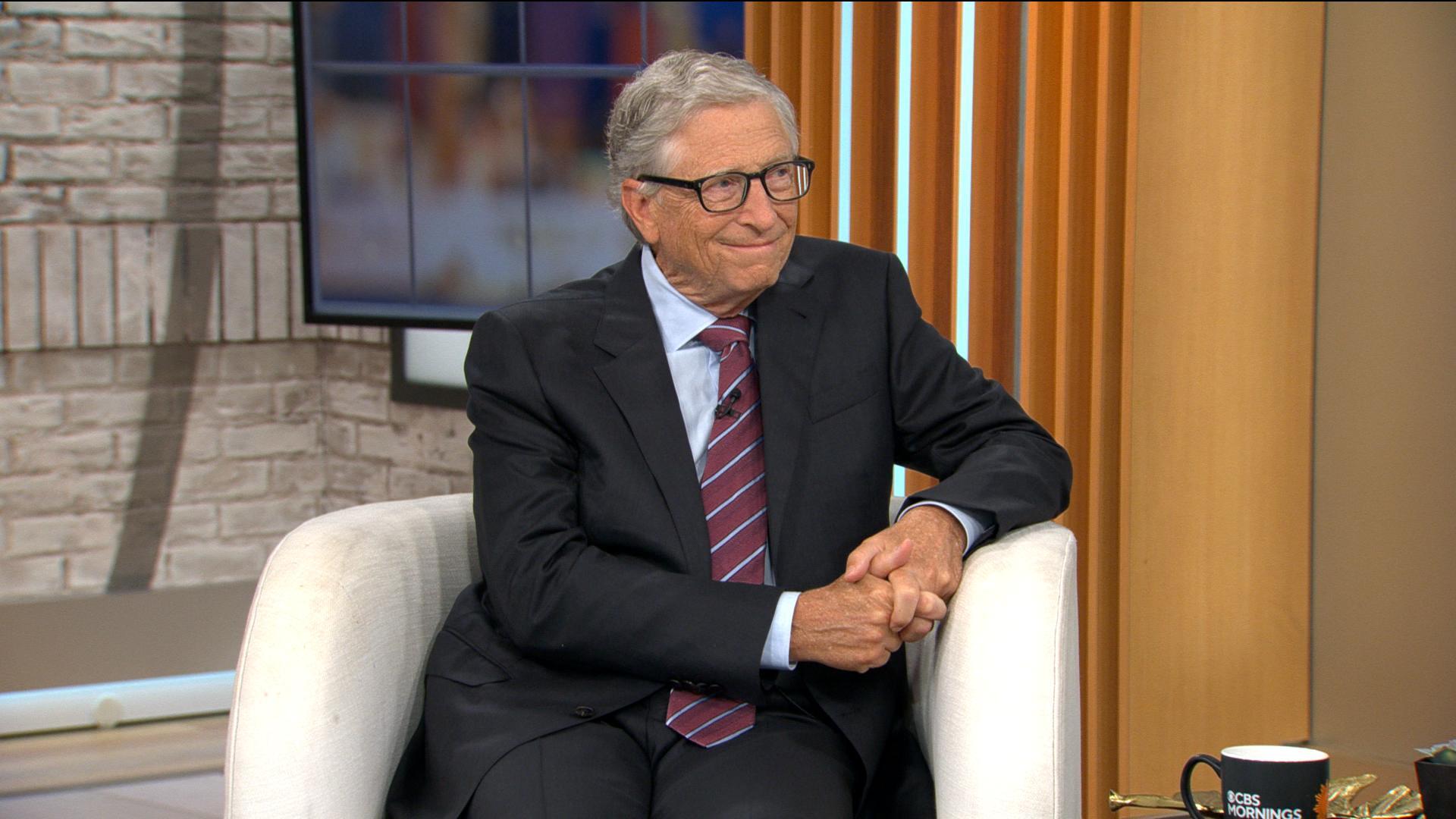
For 25 years, Bill Gates says the world has seen what he calls "miraculous" progress. He told "CBS Mornings" that annual child deaths have dropped globally from more than 10 million to fewer than 5 million.
But now, he warns, 2025 could mark the first year in decades when more children die than the year before.
"We shouldn't have this be the first year that more children die than the year before," Gates told "CBS Mornings." "We should continue the progress that Americans should be very proud of."
Gates delivered the warning as he announced a $912 million pledge over three years to fight infectious diseases worldwide, calling this moment a crossroads that will test whether the U.S. continues its role in saving lives.
The Microsoft co-founder pointed to breakthrough innovations — from AI-driven tools that prevent HIV infections to new methods of eliminating malaria-carrying mosquitoes — but cautioned that progress will stall without sustained funding. At stake, he said, is whether the U.S. will continue devoting roughly 1% of its budget to global health, an investment that has delivered unprecedented results.
"If we just maintain that modest level, because of the great innovations and incredible people in the field doing this work, we can cut it in half again," Gates said.
He recently testified before the Senate about the consequences of cutting foreign health aid. The Trump administration has already reduced funding, and delayed payments have fueled rising debts. Gates said he has spoken directly with President Trump about the issue but admitted future funding levels remain uncertain.
"Well, there have been a lot of payments that aren't being made right now, and so we are seeing debts go up," he said. "The big question is, when they set the new budget, what level will it be set at, and will that money actually be sent out? This is a great time that the Congress gets to show its sense of values to continue the fight against polio, to make sure mothers get the nutrition they need."
Gates, who plans to give away nearly all of his wealth within the next 20 years, stressed that the 1% investment produces outsized benefits. It supports disease detection systems that can identify pandemics before they reach the U.S. and helps poorer nations stabilize, grow their economies, and join the global marketplace.
Faith leaders have also framed the issue as a moral imperative, Gates added, noting that the other 99% of the federal budget remains dedicated to domestic priorities.
"When you say American first, can you still have the charity for that 1%?" he asked.
Analisa Novak is a content producer for CBS News and the Emmy Award-winning "CBS Mornings." She specializes in covering live events and exclusive interviews for the show. Analisa is a United States Army veteran and holds a master's degree in strategic communication from Quinnipiac University.

